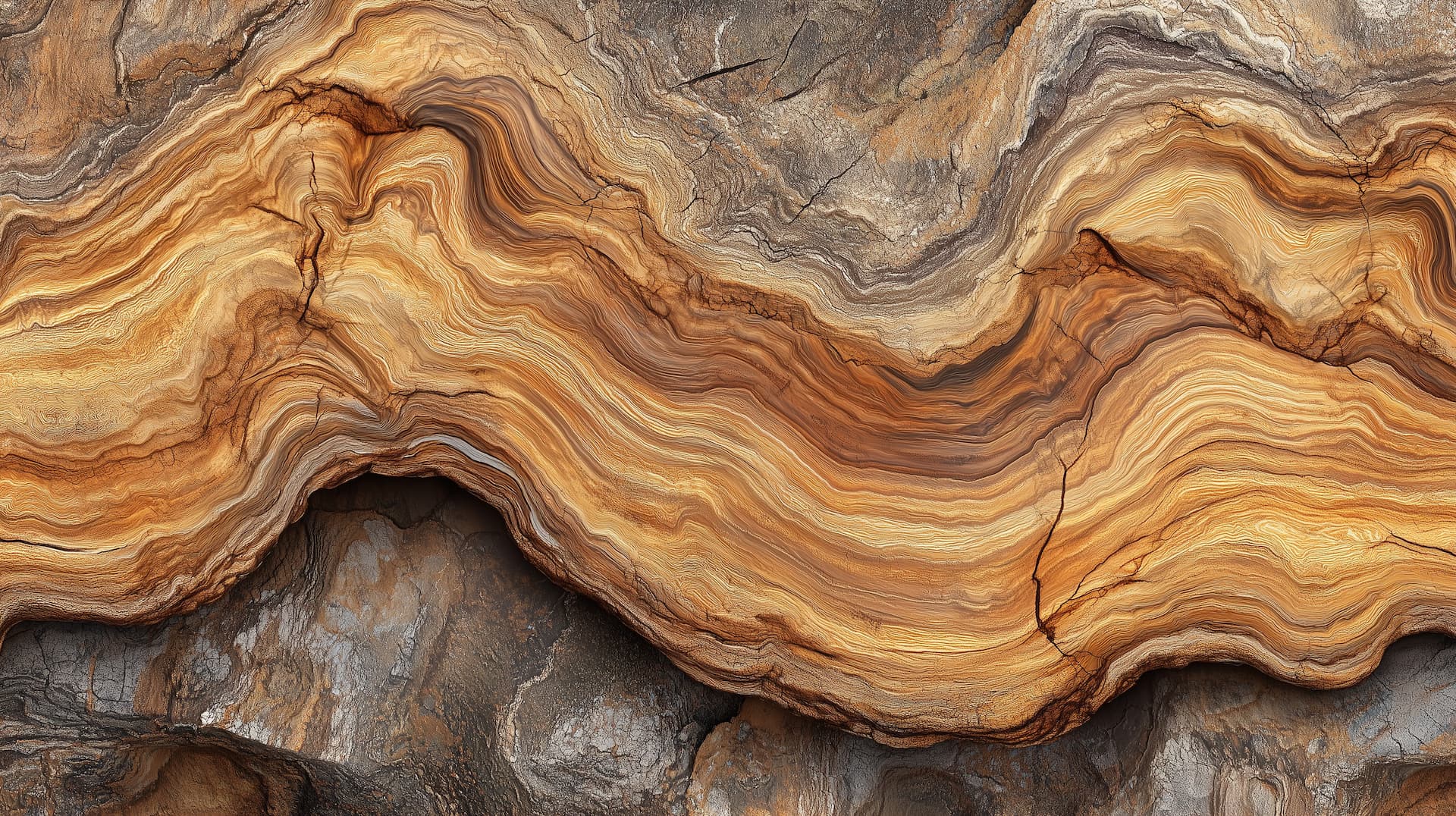Change comes slowly – that is, unless it comes in the form of environmental litigation or federal mandate.
In Columbia Riverkeeper v. U.S. Army Corps of Engineers, Case No. 2:13-md-02494-LRS (E.D. Wash.), both converged to tighten the Army Corps’ policies and practices for handling hydro generation lubricants in order to prevent oil from getting into the water supply. In August 2014, the Corps and Columbia Riverkeeper, an Oregon-based environmental group, settled a lawsuit filed by Columbia Riverkeeper a year earlier, alleging that oil-based lubricants used by the Corps in operating 8 dams in the Columbia and Snake River valleys were being discharged into those waters in violation of the federal Clean Water Act (CWA). The landmark settlement required the Corps to (i) undertake annual analysis and public reporting of its discharge of lubricants into the waterways, (ii) analyze the feasibility of switching to environmentally acceptable lubricants (EALs) in its hydro generation facilities, and, if it determines the switch would be feasible, to switch to using EALs within 18 months, and (iii) apply for National Pollutant Discharge Elimination System permits from the EPA, thereby submitting its Columbia valley hydro facilities to EPA regulation for the first time. While the impact beyond these 8 dams is not yet entirely certain, the settlement certainly opens the door for federally-operated hydro generation facilities to now be subject to CWA regulation by the EPA.
Considering most of our drinking water comes from the same rivers flowing through our hydro generation facilities, it is only a matter of time before environmental litigation, federal regulations, or both, bring all water contaminant threats into focus and under regulation. Astute hydro operators are getting ahead of the curve by converting oil film bearings to run-of-the river water-lubricated bearings. The stakes are high: hydro generation currently enjoys a great reputation as a “green” energy source that will be compromised if questions of oil contamination from leaking turbines or main guide seals manages to gain public awareness, especially given the fever pitch we now see in the nightly news concerning public water quality.
Fortunately there are time-tested options to convert any oiled or composite bearing into a long-lasting run-of-the-river bearing with virtually no risk to the environment. Lignum vitae has answered the need for an oil-free bearing for over 130 years in silty muddy applications with many in continuous service for over 50 years. There are many reasons to convert: lignum vitae bearings require no filtering, no oil or grease (like the picture below), are non-abrasive and friendly to shafts, constitute no threat of air, water or landfill issues, are the only industrial renewable natural bearing known, and no VOC’s, toxic metals or chemicals are used in their production. Lignum vitae will help avoid regulatory and litigation risk from lubricant discharge and enhance its users’ reputations for working for the environment rather than against it.
